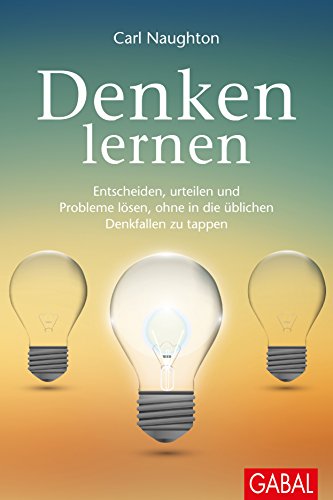
By Carl Naughton,Gregor Staub
Die erweiterte three. Auflage integriert neueste Forschungsergebnisse und stellt neue Denktools zur Verfügung.

By Carl Naughton,Gregor Staub
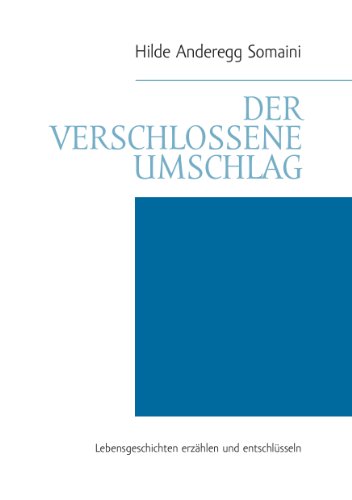
By Hilde Anderegg Somaini

By Sylvia Harke
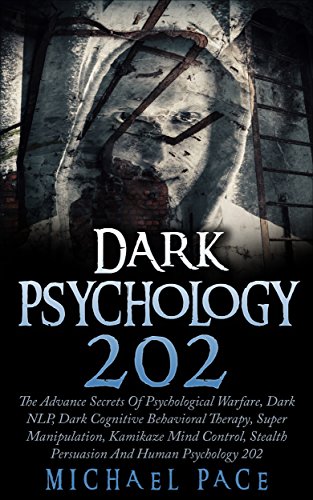
By Michael Pace
Dark Psychology 202 is persist with as much as the hit e-book darkish Psychology one hundred and one. you'll examine much more improve concepts for mental conflict, brain keep an eye on, manipulation, persuasion, darkish CBT, deception, and seduction than within the first booklet. This publication will catapult you into the superb realm of keep watch over and gear over others. not anyone could be capable of cease you presently.
Whether you utilize those darkish equipment for strong or evil is as much as you. definitely those tools aren't mild and they're now not jokes. you've gotten loads of deadly energy by the point you put this e-book down. So rigorously examine the way you are looking to use this strength and what your causes are.
Life is a video game. the higher strikes you recognize, the much more likely you're to win at it. you should use this publication as a play ebook for the way to win at existence. Be ruthless and don’t consider to blame for utilizing the facility that you simply achieve from darkish Psychology 202. You deserve no matter what you want.

By Gaugl
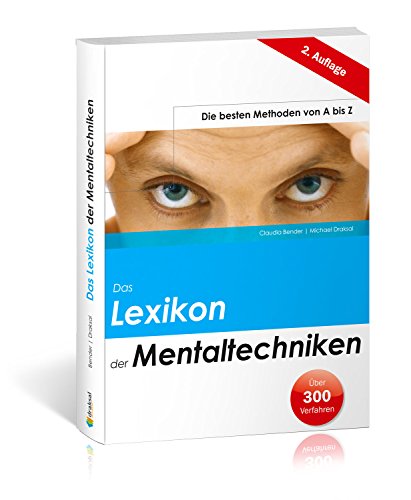
By Claudia Bender,Michael Draksal
Ob Prüfung, Wettkampf, Unternehmensführung oder Alltag – zu jedem Bereich gibt es erprobte Verfahren für mehr Gesundheit, Leistung und Lebensfreude.
Die Übungen sind nach Schwierigkeitsgrad geordnet und bieten
sowohl für Anfänger als auch für Experten eine wahre Fundgrube an Methoden-Schätzen.
Tauchen Sie ein in die Welt der praktischen Psychologie!
Umfassend
Mehr als three hundred Techniken
Fundiert
Mit wissenschaftlichen Studien
Wissenschaft macht Praxis
Wann welche Mentaltechnik?
Für Laien
Viele Methoden sind im Selbststudium erlernbar
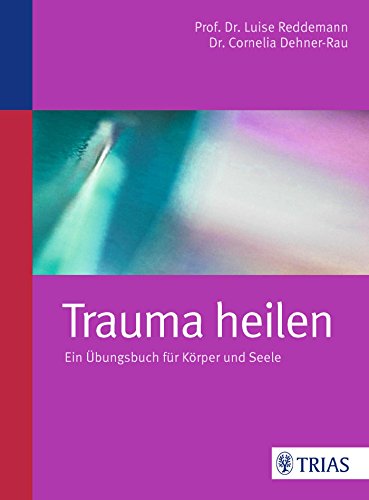
By Cornelia Dehner-Rau,Luise Reddemann

By Julia Gerger

By Peter Buchenau,Zach Davis
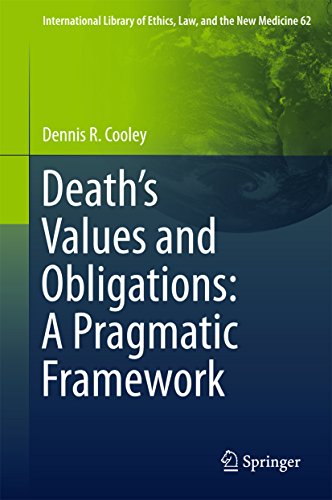
By Dennis R. Cooley
This e-book brings jointly the appropriate interdisciplinary and approach components had to shape a conceptual framework that's either pragmatic and rigorous. through the use of the simplest and sometimes the most recent, paintings in thanatology, psychology, neuroscience, sociology, physics, philosophy and ethics, it develops a framework for knowing either what dying is – which calls for loads of time spent constructing definitions of a few of the sorts of identity-in-the-moment and identity-over-time – and the values keen on loss of life. This pragmatic framework solutions questions about why dying is a kind of loss; why we event the emotional reactions, emotions and wishes that we do; which of those reactions, emotions and wishes are justified and which aren't; if we will live on demise and the way; no matter if our deaths can damage us; and why and the way we must always organize for loss of life. because of the pragmatic framework hired, the solutions to some of the questions usually tend to be exact and applicable than people with much less rigorous scholarly underpinnings or which take care of utopian worlds.